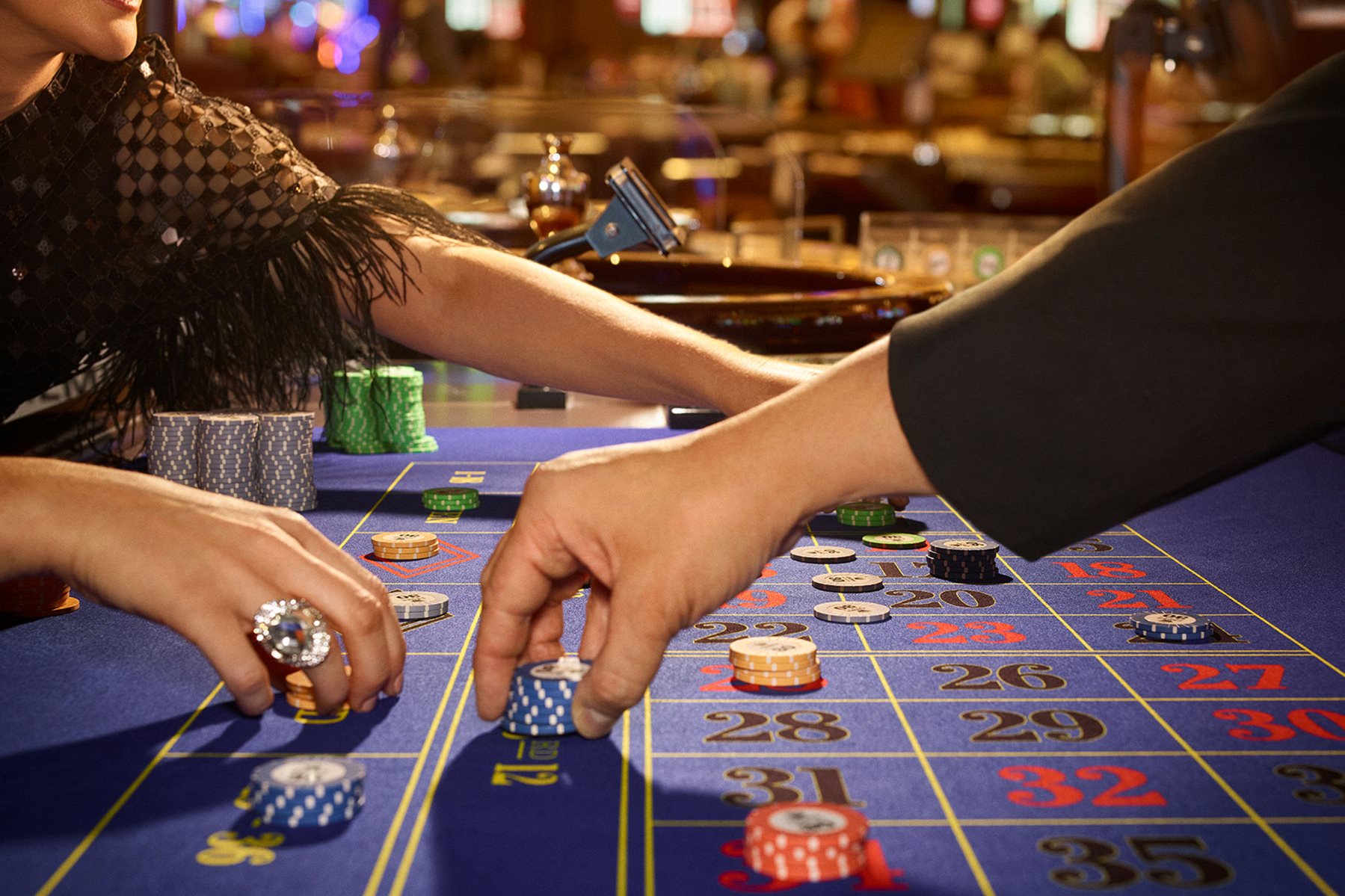The Deafening Quiet
Losing money at a casino is unpleasant, but for many, it’s not the financial loss itself that’s the most painful – it’s the silence afterward. Whether gambling at physical establishments or online platforms like Casombie casino, players often face a profound emotional emptiness after a loss. This silence, devoid of supportive voices or empathetic acknowledgment, amplifies emotional distress significantly.
This article explores why silence after gambling losses often hurts more deeply than financial consequences, highlighting psychological insights, emotional dynamics, and expert perspectives.
Understanding the Emotional Void
What Does “Silence After Loss” Mean?
The silence after losing refers to the lack of emotional support, empathy, or acknowledgment following a gambling loss. Players often experience isolation, leaving them alone with negative feelings, magnifying their emotional distress.
Emotional vs. Financial Impact
While financial losses are tangible, the silence and emotional isolation afterward leave deeper psychological scars, causing lasting distress and potential mental health consequences.
Psychological Reasons Behind the Painful Silence
Social Isolation and Emotional Neglect
After losses, players may avoid discussing outcomes with others due to embarrassment or fear of judgment. This social withdrawal deepens isolation, increasing emotional pain.
Internalized Blame and Shame
Players often internalize losses as personal failures. Without external support, silence amplifies shame and self-blame, leading to emotional distress far exceeding the actual financial loss.
The Role of Silence in Reinforcing Negative Emotions
Amplification of Negative Thoughts
In silence, negative self-talk thrives. Thoughts of regret, inadequacy, and hopelessness become dominant, creating a destructive emotional loop.
The Absence of Emotional Release
Silence denies players an emotional outlet. Without the ability to share or express frustration, anger, or sadness, these emotions intensify internally.
Expert Insights: The Impact of Emotional Silence
Dr. Kostas Papadopoulos, Clinical Psychologist
“Silence after a loss creates an emotional echo chamber. Without external empathy or acknowledgment, negative emotions grow exponentially, intensifying psychological harm.”
Elena Markou, Player Behavior Analyst
“Our experience at casino shows that emotional support systems significantly reduce player distress after losses. Silence compounds emotional struggles, making proactive emotional support critical.”
Player Experiences: Voices from the Silence
Dimitri, 45, Limassol
“Losing money wasn’t the worst part. The quiet afterward, the feeling of being alone, was much harder. It was like being trapped inside my own head.”
Zoe, 31, Athens
“When I lost at casino, the silence afterward felt deafening. I wanted someone to say something – anything – to break the emptiness.”
The Role of Casino Platforms in Managing Emotional Silence
Creating Community and Support
Online casinos can reduce post-loss silence by fostering communities where players can share experiences, seek support, and reduce emotional isolation.
Implementing Emotional Check-ins
Periodic emotional prompts or check-ins post-gameplay help players reflect, share, and manage emotional experiences, breaking the silence with supportive communication.
Risks of Unaddressed Emotional Silence
Mental Health Consequences
Continuous silence following gambling losses heightens risks of depression, anxiety, and other mental health conditions due to persistent emotional isolation and distress.
Escalation of Gambling Behaviors
To cope with silence-induced emotional distress, players may gamble more, hoping to escape negative feelings, unintentionally intensifying problematic gambling behaviors.
Breaking the Silence: Strategies and Solutions
Encouraging Open Conversations
Promoting open dialogue about gambling experiences and losses, either through forums or supportive communities, helps mitigate emotional distress.
Emotional Education
Educational resources provided casinos help players understand emotional reactions, reducing shame, isolation, and internalized blame.
Preventative Measures and Healthy Coping Mechanisms
Emotional Intelligence Training
Enhancing emotional awareness and resilience through training enables players to better manage post-loss silence and negative emotions.
Non-Gambling Activities
Encouraging engagement in healthy, fulfilling activities after gambling sessions can provide emotional balance, significantly reducing the negative impact of silence.
Cultural Perspectives on Emotional Silence
Societal Attitudes toward Loss
Cultural attitudes often stigmatize gambling losses, reinforcing silence and emotional isolation. Changing societal views through education and awareness can mitigate this.
Social Expectations and Emotional Expression
Cultural norms dictating emotional restraint often discourage players from expressing distress openly, exacerbating the pain of silence after losses.
Casino’s Commitment to Emotional Support
Player Support Initiatives
Casino proactively offers emotional support channels, resources, and educational materials, reducing isolation and addressing emotional needs post-loss.
Responsible Gaming Policies
Casino integrates responsible gaming measures designed to support players emotionally, helping them manage post-loss experiences constructively.
Long-Term Impact of Addressing Emotional Silence
Improved Player Well-being
Addressing emotional silence proactively significantly enhances players’ mental health, satisfaction, and overall gaming experience.
Reduced Problematic Gambling
Open emotional communication reduces reliance on gambling as a coping mechanism, preventing escalation into compulsive gambling behaviors.
Conclusion: Turning Silence into Dialogue
The silence after a gambling loss can indeed be more harmful than the financial loss itself. Understanding this emotional dynamic, promoting supportive communication, and implementing responsible gaming practices can transform silence into constructive dialogue.
Casino remains dedicated to fostering an emotionally supportive gaming environment, recognizing that the emotional aftermath of gambling is just as critical as financial outcomes. By breaking the silence, players can manage losses healthily, fostering resilience, emotional intelligence, and responsible gaming.

